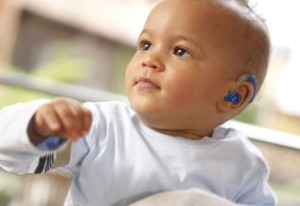No products in the cart.
Hearing Health Info, Hearing Loss Info, Social Isolation
Overcoming the Social Stigma Associated with Hearing Loss
The stigma associated with hearing loss can be a big obstacle for individuals who need help to hear better. Some individuals are afraid to take the next step because of how they think their friends, family, or acquaintances may view them. Negative stereotypes and prejudices have followed hearing loss for years, and it surprises me how many people still associate those misperceptions to hearing loss. In the past, perceptions of hearing loss were associated with “old age”, poor communicators, social awkwardness, low cognition, etc. The truth is hearing loss has been around since the beginning of time and as education and research has become more abundant, the negative stigma associated with hearing loss is starting to change.
 Hearing loss does not only affect those individuals who are “older” in age; it affects infants, children, teens and adults in all age ranges. Technological advancements have helped to identify newborns with hearing loss within hours of being born. In the past, you would never see a toddler walking around with hearing aids, now they are.
Hearing loss does not only affect those individuals who are “older” in age; it affects infants, children, teens and adults in all age ranges. Technological advancements have helped to identify newborns with hearing loss within hours of being born. In the past, you would never see a toddler walking around with hearing aids, now they are.
Allowing the old stigma of hearing loss to influence the acceptance of help can be very detrimental to a person who needs it. Hearing loss is an invisible impairment that individuals try to conceal from others. When hearing loss is concealed, individuals can become increasingly withdrawn from social interaction with friends and family. It can also lead them on a path to depression. Most individuals who have a hearing loss will feel alone and isolated unless they confront it by getting help. Truth is, once someone has a hearing loss and uses hearing aids, they not only realize how much they were missing, but they start to notice how many other people wear them.
Overcoming the stigma associated with hearing loss can be very difficult, especially for someone who has been diagnosed with a hearing loss. If you are affected by the stigma associated with hearing loss, try to observe how the hearing loss is affecting you at home, work or in leisure time. Weigh the pros and cons of hearing better vs. missing out on conversation. Identify the main emotion that holds you back from getting help and address it. Hearing aids are continuing to shrink in size because of desire for invisibility. Get involved with organizations such as the Hearing Loss Association of America and local support groups. Nobody should feel alone with his or her hearing loss.
If you feel that you are having trouble hearing or accepting a hearing loss diagnosis, ask your audiologist for information on support groups in our office, organizations, or websites that can help. We are here to help and support you with all of your hearing needs.
Doctor of Audiology

